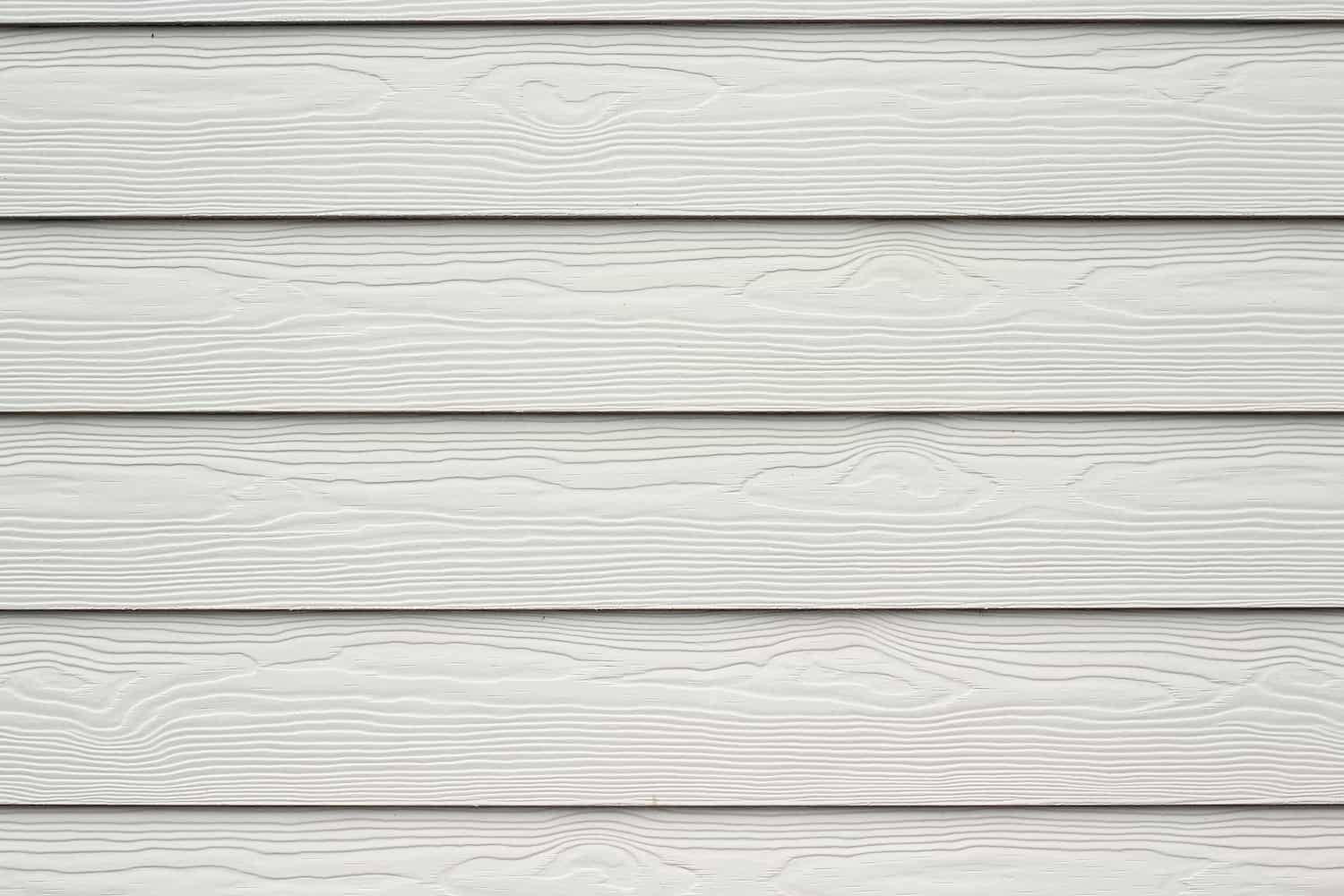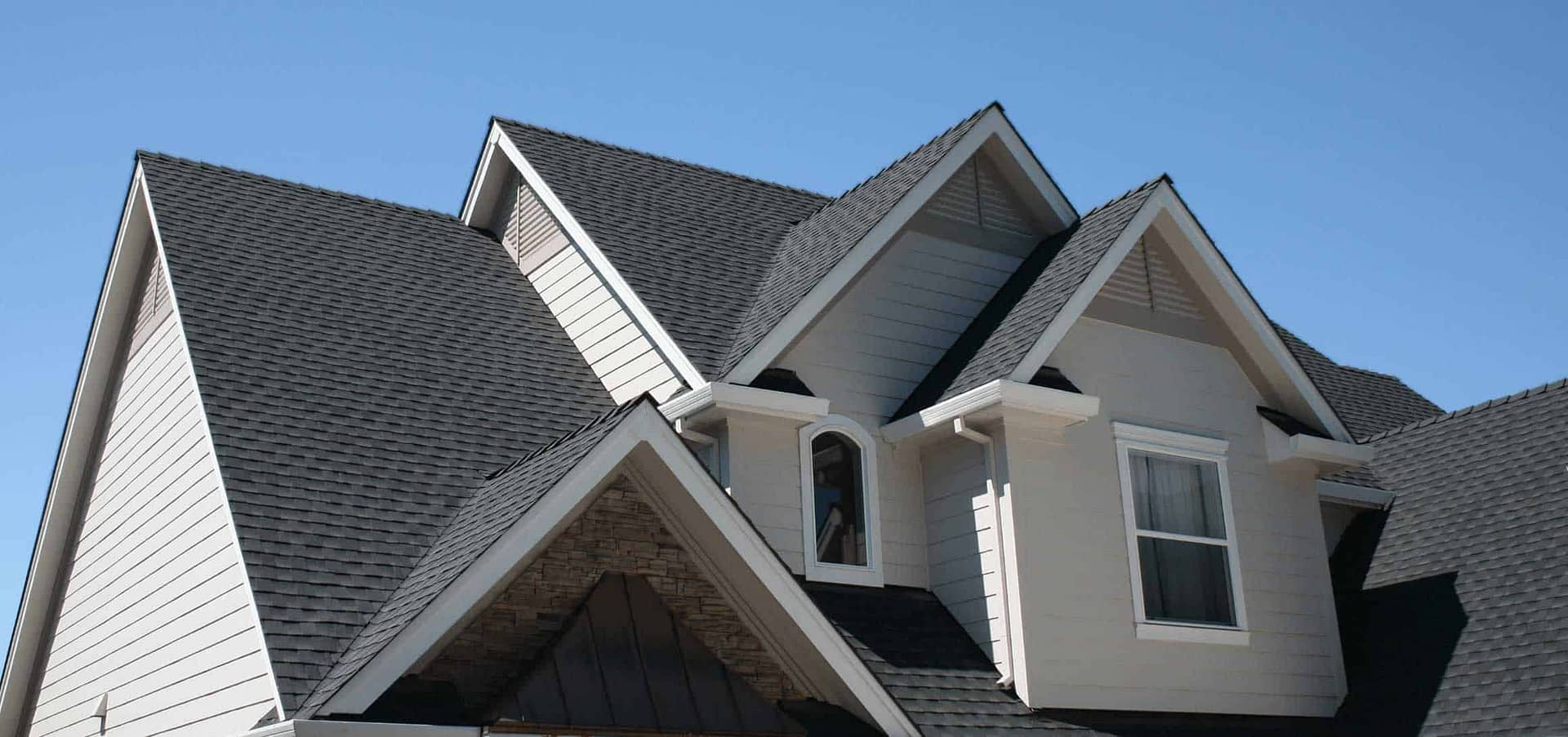How Long Does Vinyl Siding Last? A Brief Timeline
There’s a lot to keep track of as a homeowner. In addition to your Spring cleaning list every year, you need to keep track of when appliances and materials need replacement. Your home’s exterior siding can be out of sight and out of mind a lot of the time, but it’s important to keep an eye on it.
It doesn’t last forever, but exactly how long does vinyl siding last? The answer might surprise you! We’ll cover the average lifespan plus how to help your vinyl siding last as long as possible.
The Average Lifespan of Vinyl Siding
The Vinyl Siding Institute (VSI) estimates that vinyl siding will last at least 20 years and sometimes up to 40 years. In some cases, high-quality vinyl siding can even last up to 60 years! That’s a long time compared to some other materials you might use for your home’s exterior.

However, it’s important to note that the actual lifespan of your vinyl siding can vary greatly depending on the manufacturer and the quality of the material used. Premium grade siding is designed to be more durable and last longer than standard grade versions. It also helps if you take good care of your siding throughout its lifetime.
What Can Impact the Lifespan?
Even though most vinyl siding lasts a few decades, it isn’t a guarantee. You may experience a shorter lifespan based on certain factors, such as:
- Improper installation
- Lack of maintenance
- Climate and harsh weather
Improper Installation
Unless you were a siding contractor in a past life, you shouldn’t attempt to install vinyl siding by yourself. Even the most durable materials are useless if they aren’t properly installed.
However, keep in mind that all professional siding contractors weren’t created equal either. Be sure to do your due diligence in choosing a siding installation team. The cheapest price shouldn’t necessarily be your deciding factor. Be sure to also look for things like:
- A clean online presence
- Good online reviews and testimonials
- Reliable communication
- Financing and warranties
If your siding wasn’t properly installed, you’ll likely have to repair and replace it much sooner than you’d normally have to. If your installation was covered under a labor warranty, then you can get repairs covered. If you’re stuck in a pickle with no warranties, be sure to thoroughly vet the next siding contractor you hire.
Lack of Maintenance and Upkeep
While vinyl siding is generally low-maintenance, that doesn’t mean it’s completely maintenance-free. Avoiding siding upkeep altogether will cause your siding to deteriorate faster than normal.

As a homeowner, it’s your responsibility to check your siding for holes and damage a couple of times a year. This will allow you to repair issues before they turn into bigger, more expensive problems.
Prevent wear and discoloration by cleaning your vinyl siding once or twice a year. You can simply use a garden hose and a soft brush or cloth to clean it. A power washer is also an option; just avoid spraying water upwards to avoid getting water in between the vinyl panels.
Climate and Harsh Weather
Your region’s climate can also impact how long your vinyl siding lasts. If you live closer to the equator and get a lot of sunshine, UV rays will cause your vinyl panels to fade faster than in other climates. Extreme heat can cause your siding to melt and warp while freezing temperatures can lead to cracking.
Additionally, you may get unlucky with intense storms that can wreak havoc on your siding, such as:
- Hail 🧊
- Thunderstorms ⛈️
- Intense wind 🌬️
- Snow ❄️
If you’ve been affected by a major weather event, it’s always wise to schedule a professional siding inspection so that you can catch any potential damage before it worsens.
Living somewhere with a moderate climate helps your siding last longer, but since most of us experience extreme weather at some point throughout the year, it’s vital to stay on top of maintenance and regular inspections.
How to Get the Most Out of Your Vinyl Siding
You definitely want your siding to last as long as possible so that you can save your money and get the most out of your investment. But what are the best ways to ensure your siding will last? Here are some of our top tips:
- Hire a reputable contractor that uses a durable siding material and offers warranties
- Schedule a professional siding inspection after major weather events like hailstorms
- Wash your siding twice a year
- Walk around your home looking for any damage with each changing season
- Repaint every 10 years
- Research the best type of siding material for your climate
- Schedule repairs at the first sight of cracks, warping, or excess moisture
What Other Siding Options Are Out There?
Vinyl siding is an incredibly popular and long-lasting siding option. However, there are other siding materials available. Generally speaking, the longer lifespan a siding material has, the higher the upfront cost is.
- Fiber Cement Siding: 50+ years
- Steel Siding: 50+ years
- Aluminum Siding: 30 years
- Wood Siding: 20-40 years (Some premium types of wood can last 75+ years)
- Stone Veneer: 20-70 years
Get Durable Siding With High-Quality Installation Techniques
As we mentioned earlier, even the most durable siding materials are worthless if they’re not properly installed. That’s why it’s essential to hire a 5-star rated contractor like ARCH Exteriors for your siding installation.
We’re proud to use CertainTeed vinyl siding— one of the most trusted names in siding across the nation! This durable product, paired with our industry-leading installation techniques, ensures you’ll get a long life out of your siding. Plus, we offer warranties to ensure you’re set up for success!If you’re due for a siding replacement or simply want an inspection for some potential damage, contact the ARCH team today!



